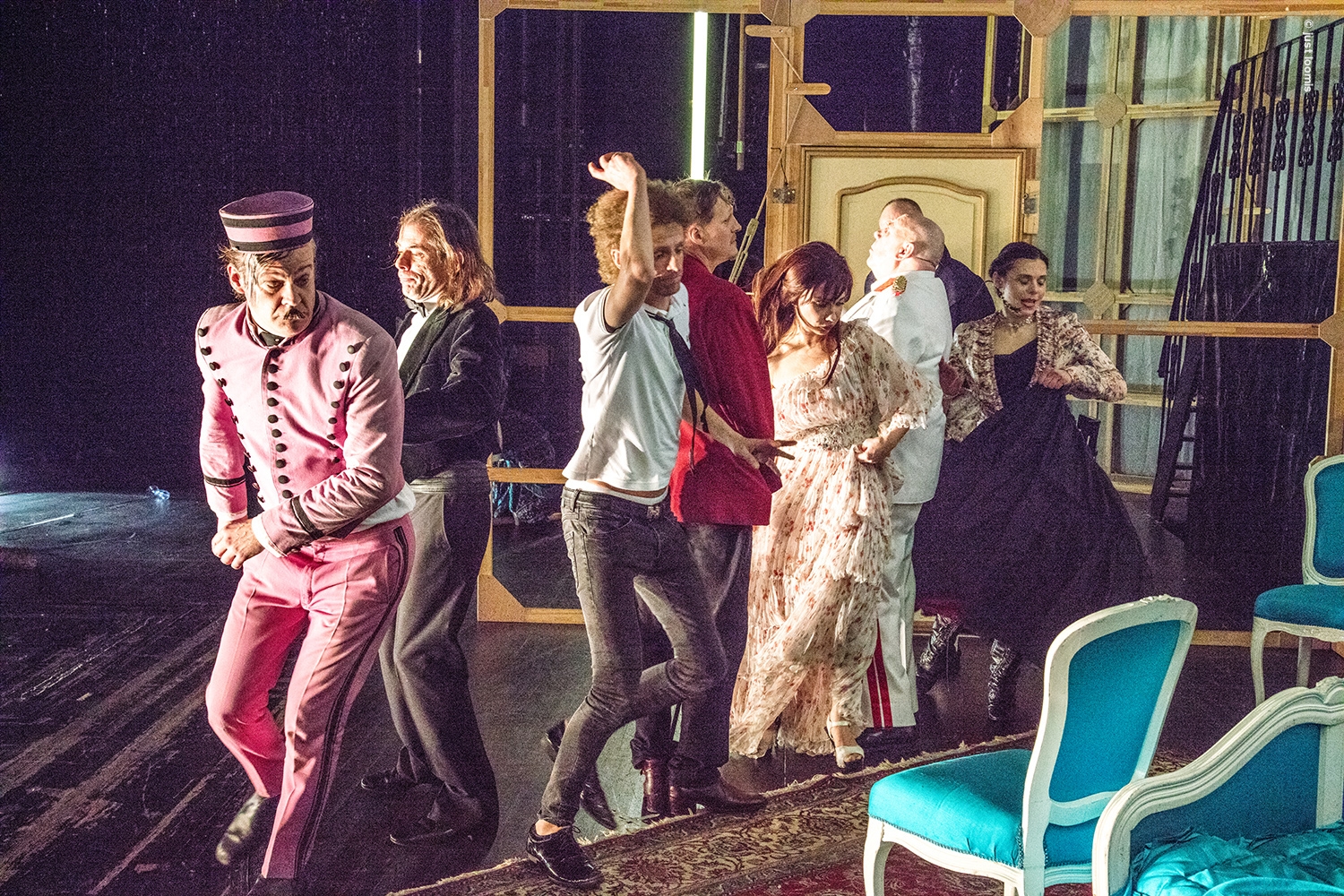


The end of the world has become the norm in the last 3,000 years. It’s been always near, at all times in history – in our imagination. It’s always been imminent.
The end of the world seems a basic component of our species’ approach to life. There is no epoch in the evolution of man where it wasn’t expected. In spite of all the prophecies, it never happened, though. This gives us hope.
The New Testament gives us the canonised version of this prophecy. The conclusion of the new religion of love is just the opposite of love. “The second half of the Apocalypse tells the story of hate and greed – greed being the only appropriate word – after the end of the world”, the writer D.H. Lawrence notes in one of his last texts from 1923, published posthumously. He seems fascinated and repelled at the same time by the Revelation of John, taking the apocalypse to be the inevitable flipside of the Christian religion and charity: "Loving thy neighbour bears the risk of being ‘devoured’ by him. You need to withdraw to protect your singularity. Love turns into resistance. In the end, nothing’s left but resistance, no love; and that’s the history of democracy.” With a slight of hand Lawrence catapults us into the present-day market economy driven by individual egotism, competition and envy. He is convinced that the spirit of the apocalypse originated from the resentment of the losers and disadvantaged, whose idea of paradise contains a window through which they, the “good ones”, can watch the now defeated “bad ones” suffering the eternal torments of hell’s slough of sulphur.
That’s the one side of the apocalypse, which is very popular with political and religious fundamentalists, but also with parts of the artistic avant garde. Armageddon, the final battle between good and bad, has inspired the imagination of US presidents and suicide bombers and their masterminds alike. Even artists sometimes embrace the idea of the total apocalypse to clear the way for a radical new beginning.
Yet there is another, more commonplace and everyday side to the apocalypse that no one is being spared. And maybe it’s the real reason why we cannot seem to live without this obsession. What is meant here is the individual, personal end of the world that every one of us has yet to face. Heiner Müller’s witticism puts it thus: "If everyone died and I was the only survivor, it would be collateral damage. If I died while everyone else continued to live, it would be a total loss.”
A collaboration of Volksbühne am Rosa-Luxemburg-Platz with Ruhrfestspiele Recklinghausen.
Duration: 1h 40min
With: Wolfram Koch, Elisabeth Zumpe and Ingo Günther
Director: Herbert Fritsch
Stage Designer: Herbert Fritsch
Costumes: Victoria Behr
Light Design: Torsten König
Music: Ingo Günther
Sound: Jörg Wilkendorf, Hans-Georg Teubert
Dramaturgy: Carl Hegemann
Herbert Fritschs Apokalypse (1998)
Das Weltende in Kürze | Zu Hans Gygax’ New York, dein Sterben im Feuersee
*Unverändert und ungekürzt nach der Übersetzung Martin Luthers (Lutherbibel 1545)